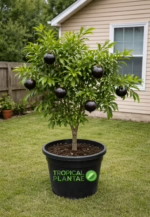
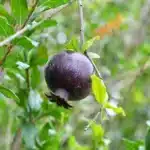

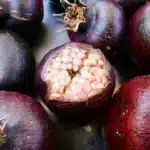

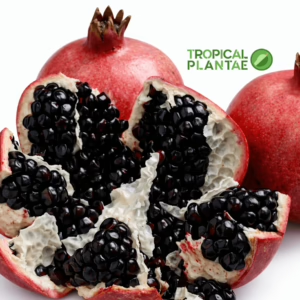
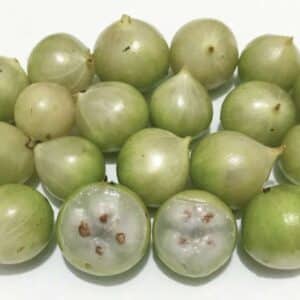
Black Pomegranate Tree – Rare Dark Skin Variety – Live Fruit Tree – USDA Certified
$70.00 Original price was: $70.00.$49.99Current price is: $49.99.
The Black Pomegranate is a rare and visually striking fruit tree that brings depth, elegance, and long-term value to any garden from the moment it is planted. Choosing a Black Pomegranate tree today means that tomorrow your outdoor space already feels more distinctive, more refined, and full of future promise. This variety stands out for its dark exterior fruit and richly colored interior, creating a sense of exclusivity and character that transforms an ordinary garden into something memorable.
From the first day in your landscape, the Black Pomegranate tree adds structure and mystery. Its glossy green leaves and balanced growth habit create a strong visual contrast when paired with its deep-toned fruit. Tomorrow, when you step outside and see the tree settling into its new home, you’ll notice how it immediately elevates the atmosphere around it. It becomes part of your daily view, giving your space a feeling of intention, beauty, and growth.
As the tree matures, it develops into a graceful and productive presence. Watching its branches extend and its foliage fill in becomes a rewarding experience that adds calm and satisfaction to your routine. Tomorrow begins that journey, where small signs of progress slowly transform into a well-established tree that anchors your garden. The Black Pomegranate becomes a symbol of patience and long-term reward.
One of the most captivating aspects of this tree is its fruit. The exterior displays deep, dark tones that make each pomegranate look dramatic and bold on the branch. Inside, the seeds reveal rich, dark coloring that creates a striking contrast and adds to the uniqueness of the variety. Planting this tree today means that in the future you’ll experience the excitement of seeing these fruits develop and mature in your own garden. Each harvest becomes a moment of pride and appreciation, reflecting the care and time you invested.
Beyond its fruit, the Black Pomegranate tree adds lasting value to your outdoor space. Its manageable size and adaptable nature allow it to fit comfortably into backyards, patios, and home orchards. Tomorrow, it stands as a young tree full of promise. Over time, it becomes a defining feature that shapes how your garden feels and how you enjoy your outdoor environment.
This tree thrives in warm, sunny climates and prefers well-draining soil. With simple care during its early stages, it establishes quickly and grows steadily. Tomorrow begins a routine of watering and observation. Over time, that routine becomes something you look forward to, as the tree consistently responds with healthy growth and visible progress. Its resilience and adaptability make it a dependable choice for long-term planting.
Owning a Black Pomegranate tree also adds individuality to your garden. This is not a common variety, and its presence reflects a thoughtful and unique approach to planting. Guests notice it, ask about it, and remember it. As the years pass, it becomes part of your home’s story, growing alongside your space and marking time through flowering and fruiting cycles.
The tree encourages a deeper appreciation for natural beauty and long-term growth. It reminds you that some of the most meaningful rewards take time to develop. Tomorrow, that experience begins as soon as the tree is planted. Each year builds upon the last, creating a tree that offers not only fruit but also a sense of fulfillment and connection to your outdoor space.
In summary, planting a Black Pomegranate tree is a decision that improves your life starting tomorrow and continues delivering value for many years. Tomorrow you gain a rare and elegant presence that enhances your garden. Over time, you gain a beautiful, productive tree with striking fruit and lasting appeal. The Black Pomegranate represents uniqueness, patience, and long-term enjoyment, making it an exceptional addition to any warm-climate garden or home orchard.
| Planting Bag + Soil |
Planting bag + Soil ,I have soil and container |
|---|

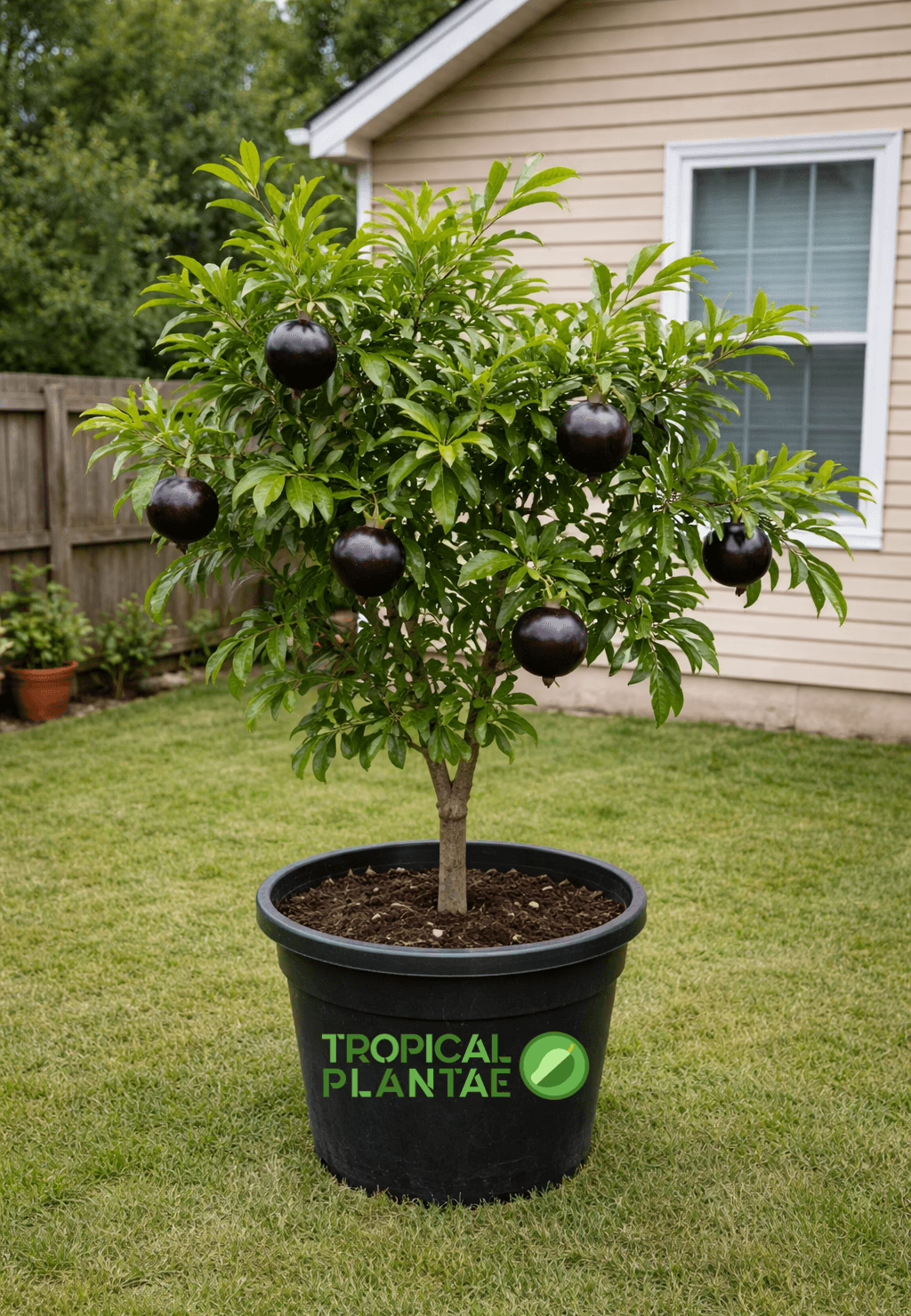

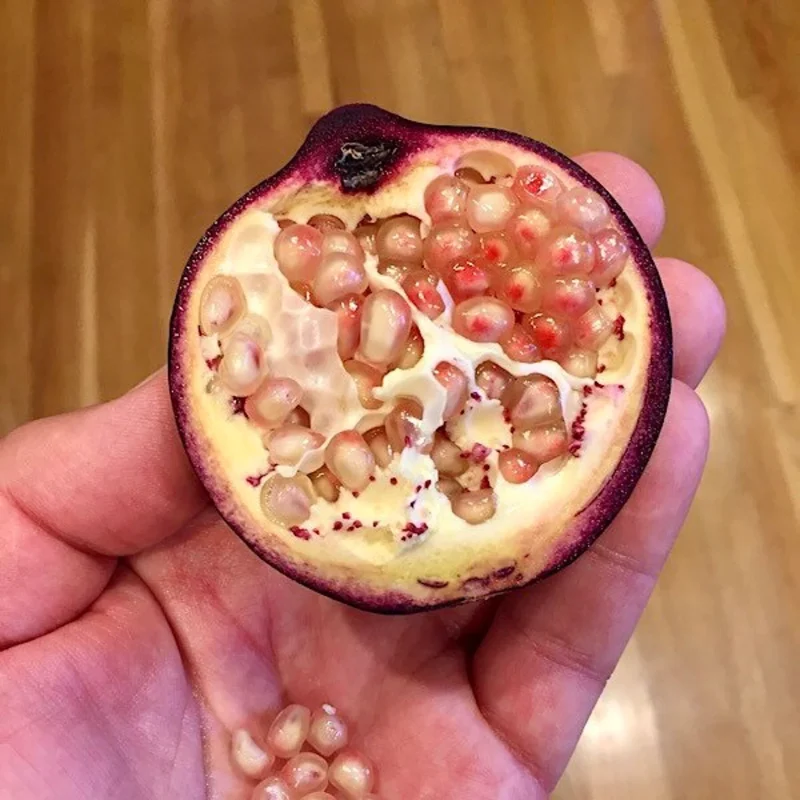
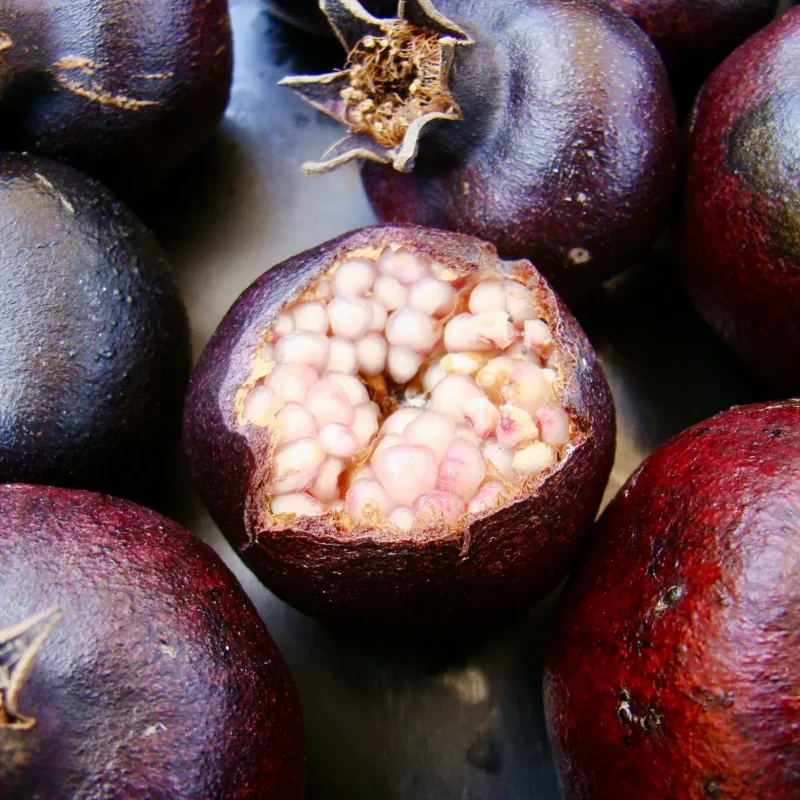
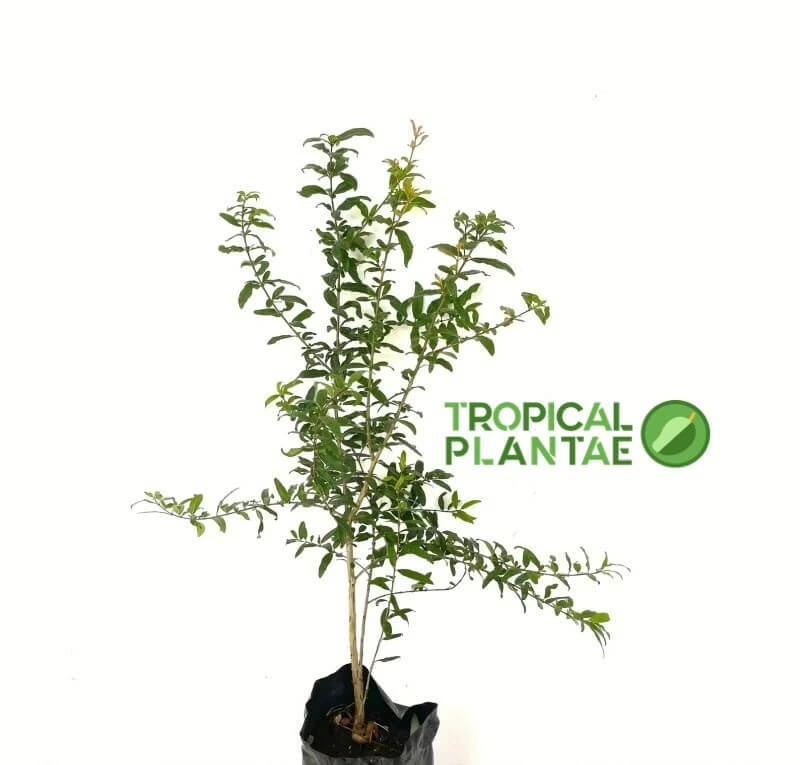


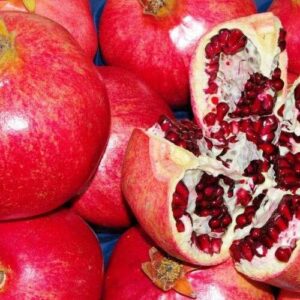


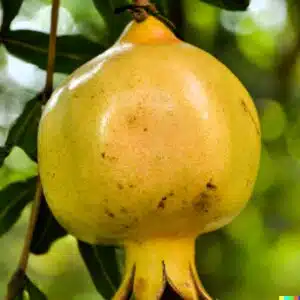
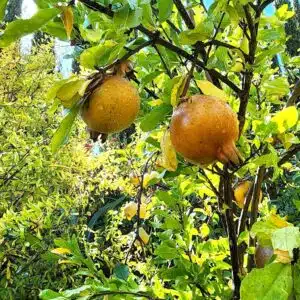

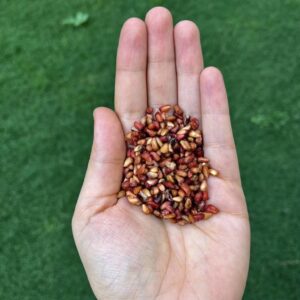
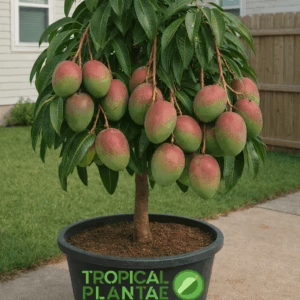
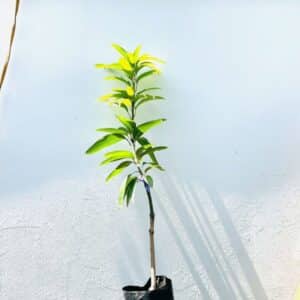
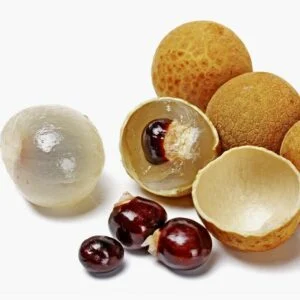
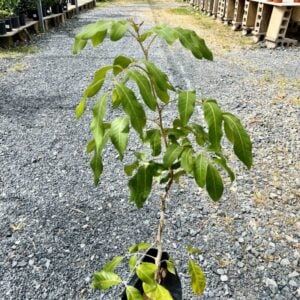
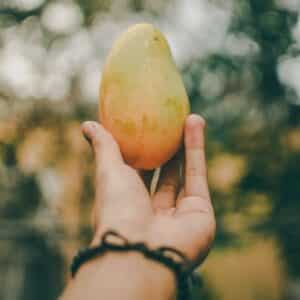



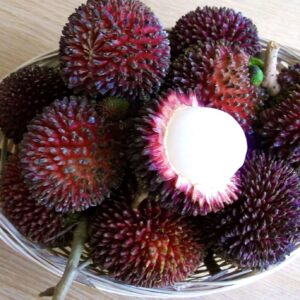
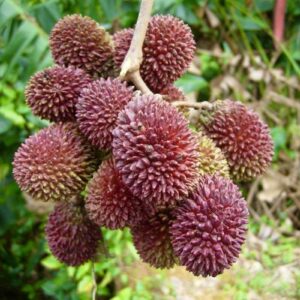


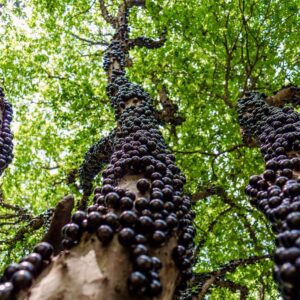
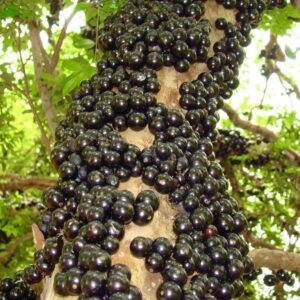
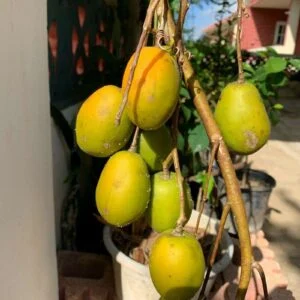
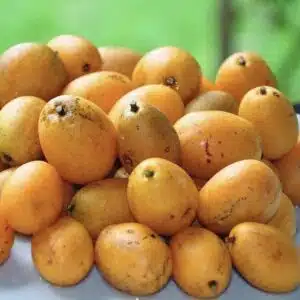
Reviews
There are no reviews yet.